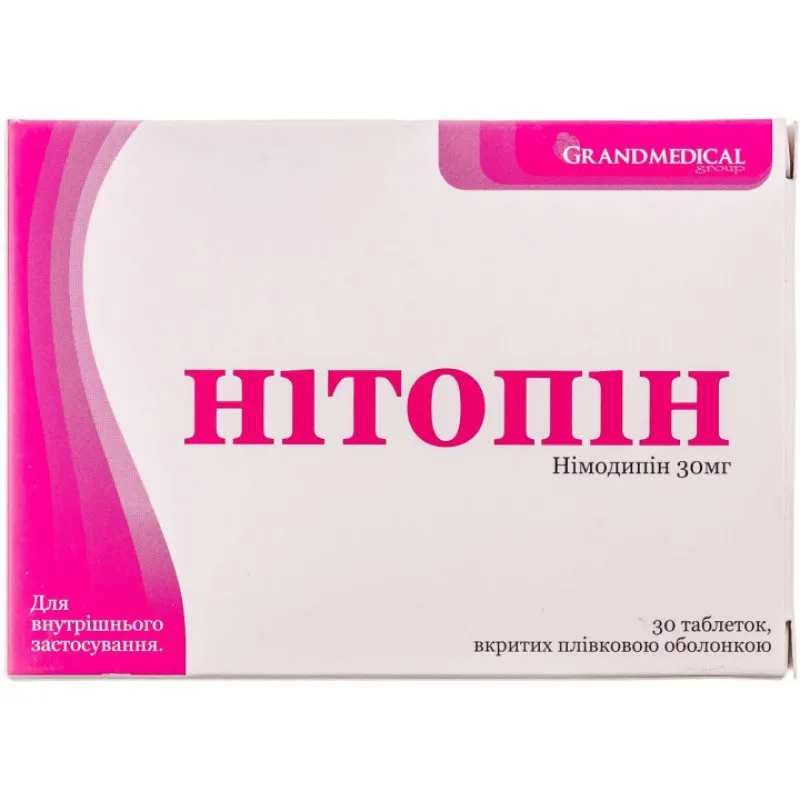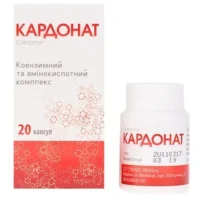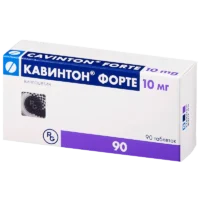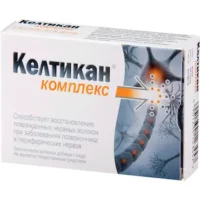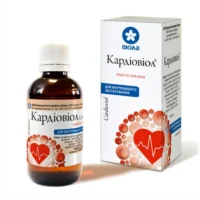Description
Nitopin (Nimodipine) Coated Tablets 30 mg. №30
Ingredients
- Each coated tablet contains 30 mg of nimodipine.
Dosage
- The recommended dosage is one tablet every 4 hours, totaling 6 tablets daily.
Indications
- Nitopin (nimodipine) is indicated for the improvement of neurological outcomes in patients with subarachnoid hemorrhage.
Contraindications
- Do not use Nitopin (nimodipine) if you are allergic to nimodipine or any other ingredients in the tablets.
Directions
- Swallow the tablet whole with a full glass of water. Do not crush or chew the tablet.
Scientific Evidence
Nimodipine, the active ingredient in Nitopin tablets, is a calcium channel blocker that specifically acts on cerebral blood vessels. By blocking calcium influx, nimodipine helps to prevent vasospasm and improve blood flow in the brain following subarachnoid hemorrhage.
Several studies have demonstrated the efficacy of nimodipine in reducing the incidence of delayed cerebral ischemia and improving neurological outcomes in patients with subarachnoid hemorrhage. For example, a meta-analysis published in the Journal of Neurology concluded that nimodipine significantly reduced the risk of poor outcomes in these patients.
Additional Information
- It is important to note that Nitopin (nimodipine) should be taken exactly as prescribed by a healthcare provider to achieve the best results.
- Common side effects may include low blood pressure, headache, and gastrointestinal disturbances.
- Before using Nitopin tablets, inform your doctor about any other medications you are taking to avoid potential drug interactions.
- If you experience any severe side effects or allergic reactions, seek medical attention immediately.

